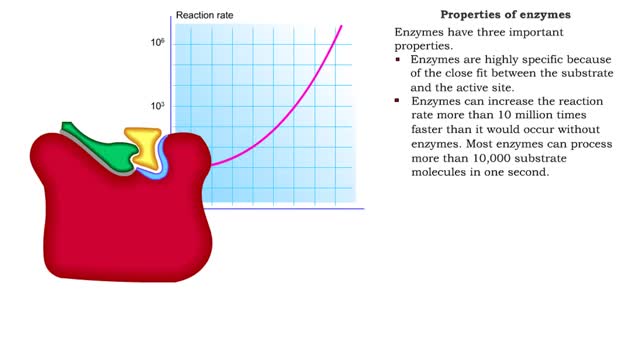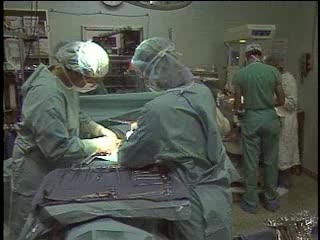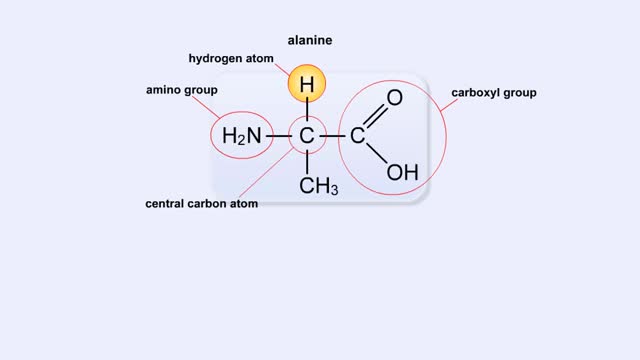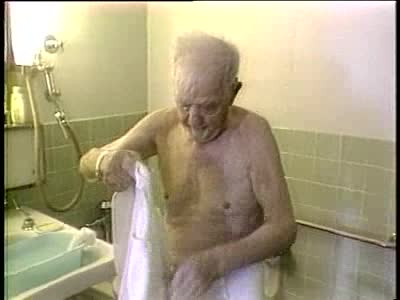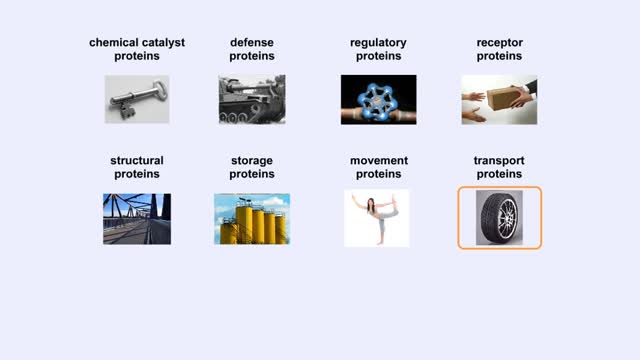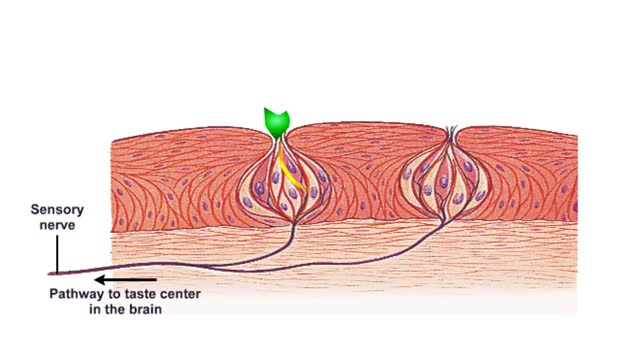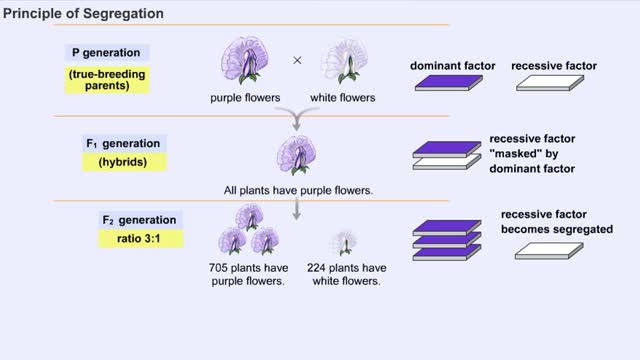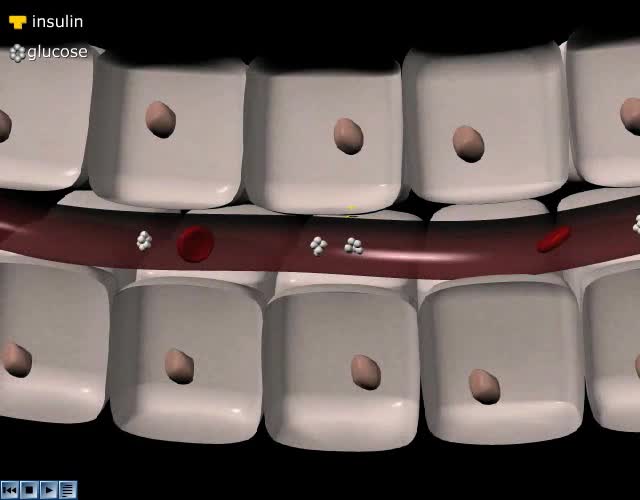Search Results
Results for: 'Factors that affect conduction rates'
Enzyme structure - Properties of enzymes
By: HWC, Views: 10981
■ Enzymes are proteins that catalyze reactions. ■ Some enzymes have two parts: a protein or apoenzyme and a non-protein or cofactor. ■ Cofactor can be a metal ion or another organic molecule called a coenzyme. ■ Coenzymes often come from vitamins. ■ Cofactors affect the shape of...
Labor and Delivery - Placenta Cord
By: Administrator, Views: 467
Soon after a baby is conceived, a support system, comprised of the placenta and umbilical cord, begins to develop. These two structures are essential for sustaining a healthy pregnancy, explains Donald Davis, an obstetrician in Medicine Hat, Alta., and past president of the Society of Obstetricia...
Structure of Amino Acid, Peptide Bonds & Polypeptides
By: HWC, Views: 10636
Here are the molecular formulas of three different amino acids. All amino acids share this backbone. The main difference between every amino acid is the side groups seen here, and these side groups give each of the amino acids their different characteristics. But before we get into that, let's ...
By: Administrator, Views: 14045
Alzheimer's disease (AD), also referred to simply as Alzheimer's, is a chronic neurodegenerative disease that usually starts slowly and gradually worsens over time. It is the cause of 60–70% of cases of dementia. The most common early symptom is difficulty in remembering recent events. As the d...
How proteins function? How do proteins work?
By: HWC, Views: 10693
How proteins function is really about how proteins "do work" in cells. How do proteins work? Let's start thinking about protein function by looking at something important to you: your hair. Keratin is a structural protein that is composed of 2 intertwined or helical strands. Keratin is also f...
By: Administrator, Views: 15255
Parkinson's disease (PD) is a long-term degenerative disorder of the central nervous system that mainly affects the motor system. As the disease worsens, non-motor symptoms become increasingly common. The symptoms generally come on slowly over time. Early in the disease, the most obvious are shak...
What are Taste Receptors? How Does it Work? Animation
By: HWC, Views: 7925
Do you ever wonder how you can taste the foods you eat? It all starts with taste receptors in your muscular tongue. Taste receptor neurons are found in your taste buds but you are not looking at the taste buds. The raised bumps on the surface of the tongue that you see are specialized epith...
Mendel's Principles of Dominance, Segregation and Independent Assortment
By: HWC, Views: 10721
Mendel selected true-breeding parents with contrasting traits, for example, purple and white flower color, and performed reciprocal crosses by choosing pollen from one parent and hand pollinating the seed-forming parent with this pollen. A cross-fertilization resulted from this procedure. In t...
By: Administrator, Views: 15700
Hyperglycemia means high (hyper) glucose (gly) in the blood (emia). Your body needs glucose to properly function. Your cells rely on glucose for energy. Hyperglycemia is a defining characteristic of diabetes—when the blood glucose level is too high because the body isn't properly using or doesn...
Advertisement



